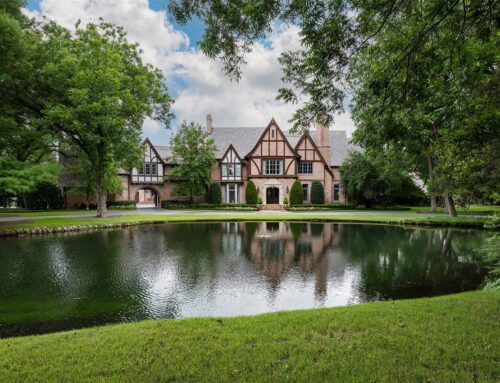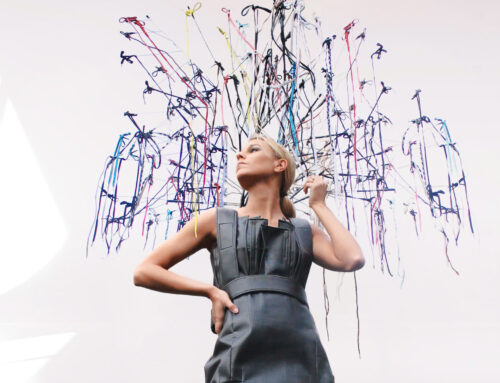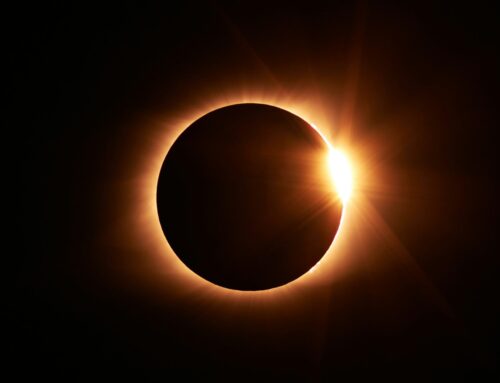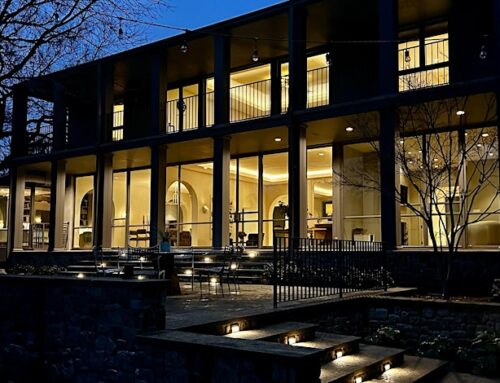Gena Frisbie received her concealed handgun permit about five years ago and recently renewed it. It wasn’t a political statement as much as a practicality.
“It just seemed like a good thing to do,” says the Preston Hollow resident, who has lived in
She hunts with her husband, and her father was on an Army pistol team. She pays dues to the National Rifle Association but says she’s not a zealot. More than anything, Frisbie says, she wants to be able to legally carry a gun because she believes the Founding Fathers had the right idea.
Like Frisbie, many of the 1,522 concealed weapon permit holders in our neighborhood feel strongly about exercising what they call their constitutional right.
“We feel really strongly about protecting our rights,” Frisbie says. “We need to never give that up.”
Others, of course, carry weapons in response to
But do their guns make them any safer than those who don’t?
The Truth is Out There
It has been almost 10 years since the Texas Department of Public Safety began issuing concealed weapon permits, and more than 240,000 permits have been issued in the state.
And 1,522 of those packing heat live in our neighborhood.
Critics of concealed weapon permits argue that despite the number of people carrying guns, violent crime numbers are still high. Those on the other side of the issue say high crime numbers give even more of an incentive to slip a gun in your waistband or purse before you leave the house.
The numbers themselves send mixed messages.
For instance, the majority of our neighborhood’s 2002 murders occurred in one Zip code, 75220, which also had the neighborhood’s lowest number of concealed weapon permit holders at 151 (see chart, page XX, for a Zip-code breakdown of concealed gun licenses and crime statistics).
Yet the Zip codes with the highest number of concealed weapon permit holders, 75229 and 75230, with 405 and 390, respectively, had a relatively high occurrence of assaults when compared to Zip codes with fewer permits.
People on all sides of the issue tend to agree that the number of concealed handgun permits probably doesn’t reflect the actual number of people carrying concealed weapons at any given time because of the time and expense involved in becoming licensed.
A new permit costs $140 and only those who pass criminal background checks and are trained by a certified instructor can apply. Training takes 10-15 hours and includes time on a shooting range and classroom lessons about state law and firearms safety. Permits are good for four years.
Some people who carry guns don’t go through the process of getting a permit. That’s why, some say, policemen view the permit as a “good guy card” because they know the holder has passed a criminal background check.
As a woman, Frisbie is in the minority among those holding concealed handgun permits. According to the Texas Department of Public Safety, three out of four permit holders — 74 percent, to be exact — are men.
To Frisbie, obtaining a concealed handgun permit doesn’t mean she will always carry a gun, just that she has the option.
“I think it’s good to be familiar with them if you ever need to know how to use them,” Frisbie says. “I’m not afraid of them. It just kind of a little extra confidence.”
But she also says she tends to avoid situations, other than hunting, where she might need a gun.
“If I don’t feel safe, I try not to go,” she says. “If I had to, I might take one in the car with me, never intending to use it.”
Statistically speaking, she might not ever have to. Residents of Preston Hollow and other North Dallas neighborhoods are less likely to be victims of a violent crime than those living in
But police acknowledge that property crimes in the city’s northern half — particularly home, car and business burglaries — remain troublingly high. And area residents — even those who don’t carry weapons themselves — say that property crimes, while not typically life-threatening, can jeopardize their feelings of safety and spur people to buy guns for self-protection.
Men vs. Women: Who Carries?
Statistics show the state’s typical permit holder doesn’t fit the pattern of the likeliest crime victim in
Although men hold three-quarters of the state’s concealed weapon permits, they were crime victims in less than half the city’s reported cases in 2002, according to
“Most are middle-aged men…about 20 percent are women,” says Jack W. Griffith, a Euless-based handgun instructor.
Some say more women should consider carrying guns since they are often victims of crime.
“I want all women to have a concealed handgun license,” says Judy Rhodes, founder of Diva, Texas Women’s Shooting Sports.
Her organization offered concealed weapon classes for the first time this year, and she says the group received a good turnout from women who were not part of the group’s original focus on shooting sports.
“We had a lot of real estate women, and that’s what we’re trying to focus on now,”
Women are vulnerable particularly when they’re out alone,
“A lot of women are afraid of handguns and the reason they are afraid is because they don’t know they work,” says
Gunfight at the O.K. Corral?
Jan Crabtree, co-president of the
“I think they have kind of a fantasy feeling that someone will draw a gun on them, and they will draw theirs, and they will have a shoot out,” says Crabtree of those who carry concealed weapons.
In reality, she says, “It doesn’t protect them. You very seldom hear about occasions where they have protected themselves. We just feel that the more guns that are out there in society the more people that are going to get hurt.”
But she says her organization spends most of its time working on assault weapon bans and other gun-related issues, rather than trying to overturn the concealed weapon law.
“We understand the gun culture here,” she says. “Here in
Larry Arnold, director of the Texas Concealed Handgun Association, says gun control enthusiasts always “predict disaster.”
“Since the debate over






